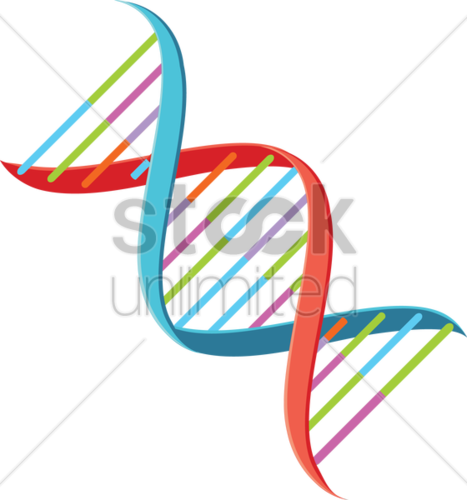The digestive system of infants is quite delicate and struggles to process high-sugar and high-fat foods, making mooncakes unsuitable for them. The elderly and those with weakened health have limited digestive capacity; consuming too many mooncakes can easily lead to indigestion or diarrhea. Diabetic patients need to be cautious with mooncakes due to their high sugar content, which may cause blood sugar levels to rise and, in severe cases, could lead to diabetic coma. Patients with hypertension, high blood lipids, and coronary heart disease should avoid high-fat and high-cholesterol foods, as the sugars and fats in mooncakes may increase blood viscosity, heightening the risk of myocardial ischemia and potentially triggering a heart attack. Those with cholecystitis or gallstones should be aware that the sugars in mooncakes can promote cholesterol increase, possibly accelerating gallstone formation, and the fats contained may provoke an episode or lead to acute pancreatitis. Patients with gastric ulcers should avoid mooncakes due to their high sugar content, which may stimulate excessive gastric acid secretion and cause discomfort.
These six types of people should avoid eating mooncakes.


